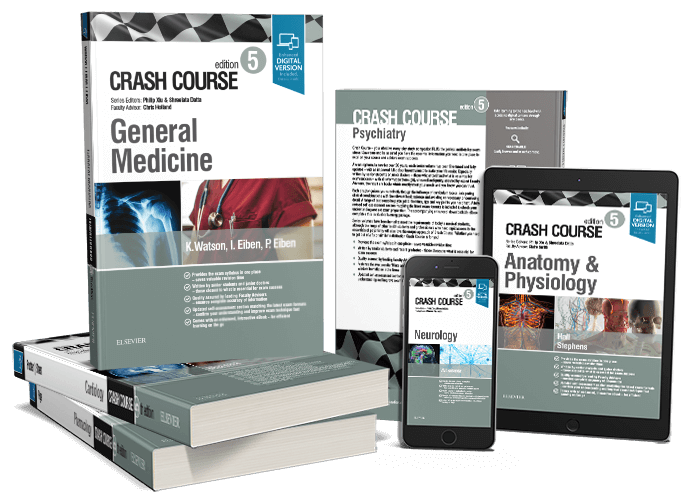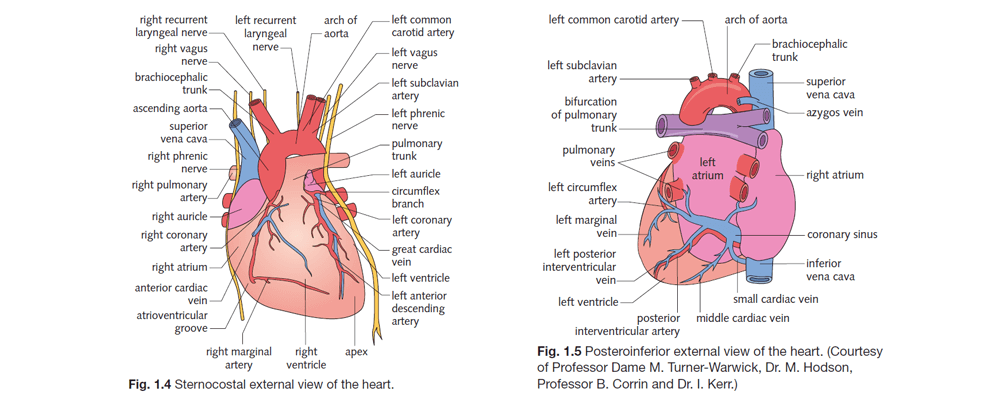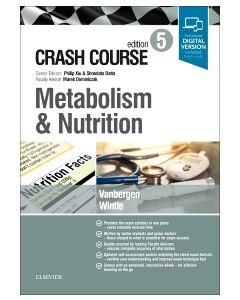As a student not too long ago, we understand your pain

Studying medicine comes with certain expectations to work very hard on your studies, including lectures, practical sessions, essays, clinical rotations and more. It can be quite overwhelming.
There is major pressure to perform in your examinations at a high level and this is no easy feat. As doctors we have to always be on top of our game; integrating our scientific and clinical learning to be able constantly meet our patient’s needs. These are essential skills that we cultivate over the course of medical school, and indeed long into our clinical careers. Yet, it is hard to do this until examinations arise and there is a huge amount of stress on us to perform.

Learning resources are intended to guide us through this process – yet our experience of learning resources when studying medicine was that they lacked the useful integration of basic science with the clinical context that would have been so useful for us. These resources were often ill-fit for purpose. Moreover, the immense differences in the forms of learning resources made it exceedingly difficult to determine what was useful and what was not. We just wanted to do well in our exams and be capable future doctors!
We believe that a lack of clear curriculum is a major problem to how students learn medicine. (And, without it, it is much harder to monitor your learning and meet your own goals.)
This is why we wrote the Crash Course series.
We wrote the Crash Course Series with you in mind
The amount of knowledge that students are supposed to learn within medical school is tremendous. Many classes will come endless material-content that you’re supposed to simply memorise. The simple problem of memorizing and retaining information is among the most difficult parts of medical school.
We really want to tackle this. Each of our volumes gives clear direction, summarising topics with the exams clearly in focus. We did not simply write an encyclopaedia of every detailed aspect of each topic, but a clean and structured resource that you can easily refer to and work out of.
We made this resource something that will be useful throughout future career; incorporating the clinical picture throughout.
Sample figures and diagrams








We know this is important to students because that was us not too long ago!
Each volume has been prepared by someone who has recently been in the exam situation and so relate information closely to your needs.
In this new edition of our series, we have added more features to improve on what you can extract from these invaluable resources by adding a complete, downloadable eBook version via Student Consult. Now you can search, read and revise whilst on the move and use the interactive self-assessment to test your understanding. We do this to give you a more flexible, practical learning package than ever before.
We understand what it is like to be in your shoes and how difficult it can be. With fundamentally sound and comprehensive learning resources it can guide and aid you in your journey to do great in your examinations.
About the series editor

Having been at the coalface of exams and teaching not too long ago, Philip Xiu has the expertise to guide medical students like you.
Philip has shared his insights on how to study for your exams, and how to make the best use of the crash course series. Tap into his extensive knowledge on how to tackle exam stress and get access to his insider tips and tricks in these four blog posts.
Philip Xiu
BA, MA, MB BChir, MRCP
GP
Registrar, Yorkshire Deanery
Series Editor - Crash Course Series
As a student not too long ago, we understand your pain

Studying medicine comes with certain expectations to work very hard on your studies, including lectures, practical sessions, essays, clinical rotations and more. It can be quite overwhelming.
There is major pressure to perform in your examinations at a high level and this is no easy feat. As doctors we have to always be on top of our game; integrating our scientific and clinical learning to be able constantly meet our patient’s needs. These are essential skills that we cultivate over the course of medical school, and indeed long into our clinical careers. Yet, it is hard to do this until examinations arise and there is a huge amount of stress on us to perform.

Learning resources are intended to guide us through this process – yet our experience of learning resources when studying medicine was that they lacked the useful integration of basic science with the clinical context that would have been so useful for us. These resources were often ill-fit for purpose. Moreover, the immense differences in the forms of learning resources made it exceedingly difficult to determine what was useful and what was not. We just wanted to do well in our exams and be capable future doctors!
We believe that a lack of clear curriculum is a major problem to how students learn medicine. (And, without it, it is much harder to monitor your learning and meet your own goals.)
This is why we wrote the Crash Course series.
We wrote the Crash Course Series with you in mind
The amount of knowledge that students are supposed to learn within medical school is tremendous. Many classes will come endless material-content that you’re supposed to simply memorise. The simple problem of memorizing and retaining information is among the most difficult parts of medical school.
We really want to tackle this. Each of our volumes gives clear direction, summarising topics with the exams clearly in focus. We did not simply write an encyclopaedia of every detailed aspect of each topic, but a clean and structured resource that you can easily refer to and work out of.
We made this resource something that will be useful throughout future career; incorporating the clinical picture throughout.
Sample figures and diagrams








We know this is important to students because that was us not too long ago!
Each volume has been prepared by someone who has recently been in the exam situation and so relate information closely to your needs.
In this new edition of our series, we have added more features to improve on what you can extract from these invaluable resources by adding a complete, downloadable eBook version via Student Consult. Now you can search, read and revise whilst on the move and use the interactive self-assessment to test your understanding. We do this to give you a more flexible, practical learning package than ever before.
We understand what it is like to be in your shoes and how difficult it can be. With fundamentally sound and comprehensive learning resources it can guide and aid you in your journey to do great in your examinations.
Shop the full series
About the series editor

Having been at the coalface of exams and teaching not too long ago, Philip Xiu has the expertise to guide medical students like you.
Philip has shared his insights on how to study for your exams, and how to make the best use of the crash course series. Tap into his extensive knowledge on how to tackle exam stress and get access to his insider tips and tricks in these four blog posts.
Philip Xiu
BA, MA, MB BChir, MRCP
GP Registrar, Yorkshire Deanery
Series Editor - Crash Course Series












